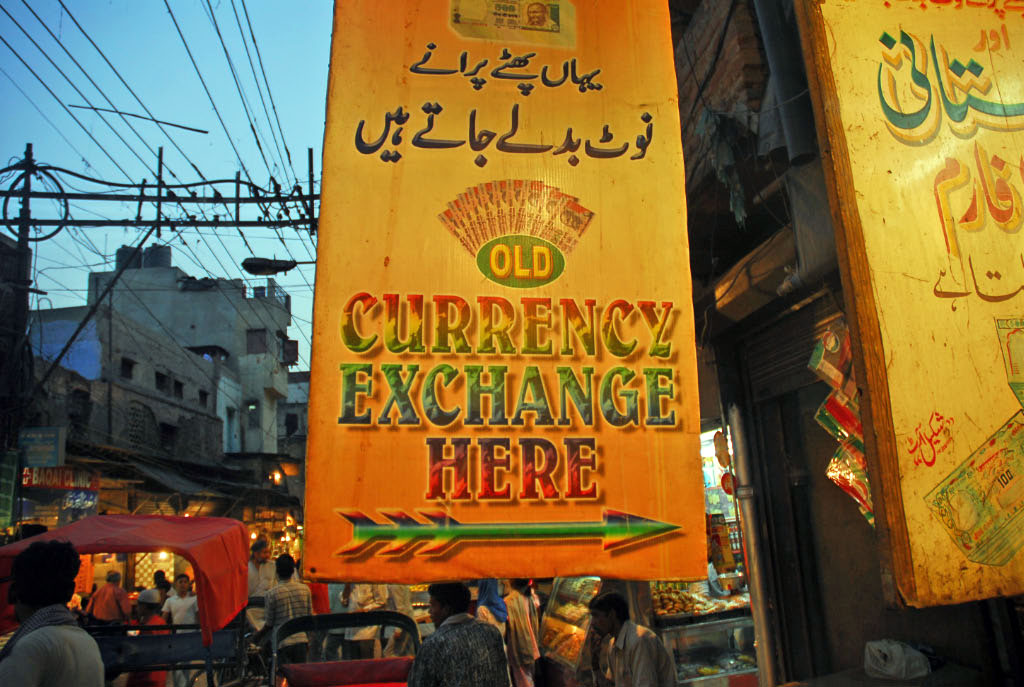Run a decent sized (two week, 25+ person team) field study in emerging markets it’s highly likely that you end up handling a lot of cash. Services need to be paid for, expenses and bills settled. And whilst as a SOX compliant corporation the preference is for subcontracting and invoices the fact is that in some contexts and cultures this simply isn’t possible. You don’t invoice a taxi right? Extrapolate.
After two weeks in the field most of the field team are a little bit frazzled, the hard work is done and the mind is already drifting towards home. For our locally hired assistants it’s the end of, what for many is an intense working and learning experience – their work hours need to be signed off and their ready to re-join the wrap party that usually already underway. If the accounts have been well kept during the rest of the study it takes a long half day to process everyone: settle up and conduct a short exit interview to garner feedback on how we can run things better next time.
Local money changing facilities can vary considerably – in some countries travelers cheques, credit cards and ATM’s are fine, in others they simply don’t exist without a high risk of fraud – credit card misuse in Ghana for example, or with impractical constraints such as daily traveler cheque exchange limits of two hundred Euros.
So on occasion we end up in these slightly surreal situations in the field office/hotel room with piles upon piles of carefully counted cash, receipts waiting to be signed and with members of our local team knocking, entering and leaving 15 minutes later with kind words and a smile. Easy enough to take out of context that. Collecting enough local currency to settle accounts can be non-trivial: in Rio de Janeiro a city known for its street crime it involved multiple visits to a local bank and shuffling nonchalantly back to the office in flip-flops and shorts trying to look like pockets weren’t stuffed with thousands of Euro’s; in India carrying plastic bags literally bulging with bricks of cash, in China sorting receipts under a thousand watchful eyes of Chairman Mao.
So now you know.
